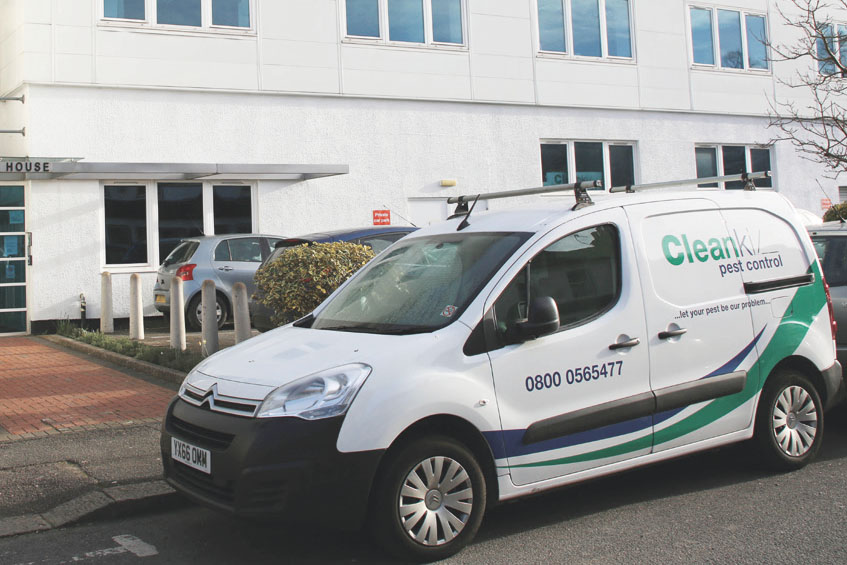
If you’ve worked for several employers throughout your career, you might have accumulated multiple pension plans. You may also have set up personal pensions, especially if you’ve been self-employed or a contractor at some point.
Owning multiple pensions can be an administrative burden, but it could also be costing you financially – whether that’s through excessive fees or poor investment performance.
Consolidating your pensions into one pot could help you keep track of your finances more easily, reduce charges, and boost how much money you have at retirement. But while there are advantages to pension consolidation, there are potential drawbacks and it’s important to seek advice on whether it’s right for you. To help you get started, here are some of the pros and cons to consider.
Pension consolidation: the pros
Keeping on top of several pensions can be time-consuming. If you have, say, five pensions, then that’s five lots of investment performance to monitor, five different charges to keep an eye on, and five statements to read through and understand each year. Few people have the time, inclination or even the know-how to do this accurately. For some people, therefore, transferring pensions to one provider may simply be about making their ‘life admin’ more straightforward.
You’ll also be paying the administration fees for each of your pensions, which may not be cost-effective. This is especially the case for those providers operating outdated and uncompetitive charging structures. Fees eat into your investment returns and may ultimately reduce how much money you have at retirement. By combining your pensions, you might be able to save on charges.
Fees aren’t everything, however, as you also need to consider the performance of each pension fund. It may be that some of your pensions have poor investment performance, and that moving to a different scheme offers better investment growth potential.
Comparing charges and investment performance isn’t easy to do on your own – if you’re at all unsure, speak to an adviser.
Pension consolidation: the cons
Consolidating your pensions could prove financially detrimental if it means giving up valuable benefits and guarantees. Ones to watch out for include:
• Enhanced pension commencement lump sum: this lets you withdraw more than the standard 25% tax-free lump sum when you start accessing your pension
• Protected pension age: this enables you to access your pension savings earlier than age 55 (or 57 from April 2028)
• Guaranteed annuity rate: this lets you buy an annuity at a set percentage of your accumulated fund, which may be far higher than annuity rates today
• Built in life insurance or critical illness cover.
These benefits and guarantees aren’t always easy to spot, so it’s worth having your pension plans thoroughly assessed by an adviser. Otherwise, there’s a risk you’ll throw away a valuable perk and end up with less money in retirement. An adviser will also check whether any of your pensions charge large exit fees and, if so, advise whether it makes sense to stay put.
Beware pension scams
If you decide to have your pensions reviewed, then it’s really important to be wary of pension scams. Unfortunately, even the most financially savvy people can fall victim to scams, potentially losing their life savings. Ensure you reject unsolicited calls, emails and text messages to reduce the chances of being lured in by a scammer. Before moving your pensions, make sure the firm that gave you the advice is regulated by the Financial Conduct Authority and is authorised to give pension advice.
Next steps
Consolidating your pensions isn’t a decision to be taken lightly. The money you’ve built up in pension funds over the years could be substantial, and a seemingly simple decision could turn out to be a mistake and harm your future financial security. On the flipside, making the right decision could mean a bigger pension pot at retirement, and a more comfortable future for you and your family. An adviser can assess your options and advise on the right course of action, so you can feel confident you’re on track for a secure financial future.
Tracing lost pensions
You might have pensions from earlier on in your life that you’ve lost track of, especially if you’ve moved house. They’re not always easy to find, as many pension providers have merged and changed their names over the years. One place to start is the government’s free Pensions Tracing Service. You type in the name of your former employer or pension provider, and it gives the contact details you need to request information on a lost pension.
Paul Cannons
E: paul.cannons@brewin.co.uk
www.brewin.co.uk
The value of investments, and any income from them, can fall and you may get back less than you invested. Tax treatment depends on the individual circumstances of each client and may be subject to change in the future. Information is provided only as an example and is not a recommendation to pursue a particular strategy.
Brewin Dolphin Limited is a member of the London Stock Exchange, and is authorised and regulated by the Financial Conduct Authority (Financial Services Register reference number: 124444).Registered office: 12 Smithfield Street, London, EC1A 9BD. Registered in England and Wales – Company number: 2135876. VAT: GB 690 8994 69.





